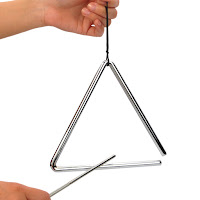Sounds British

The rolled R is essential to pronouncing Spanish well. I have trouble rolling Rs. I told you how I paid good money to a speech therapist to try and fix my problem. Nowadays, when I remember, I can make a sound that's good enough to pass muster as a rolled R but it's not a part of my normal everyday speech, it's not something I do without thinking. That's because most of the time I speak English. I have no problem with my British R and I don't have to think about how to pronounce it. I was talking to a couple of friends, one is Scottish and one sounds Scottish, so they both roll their Rs easily enough. They were telling a story though about making an appointment. There had been confusion between an appointment at 2pm (dos) and 12pm (doce). The pronunciation of dos is a bit like the English doss - a nice wide open o - like in bother or otter rather than the o in hello. There is a tendency for we Brits to pronounce it more like dose. The pronunciation of 12, doce, ...












